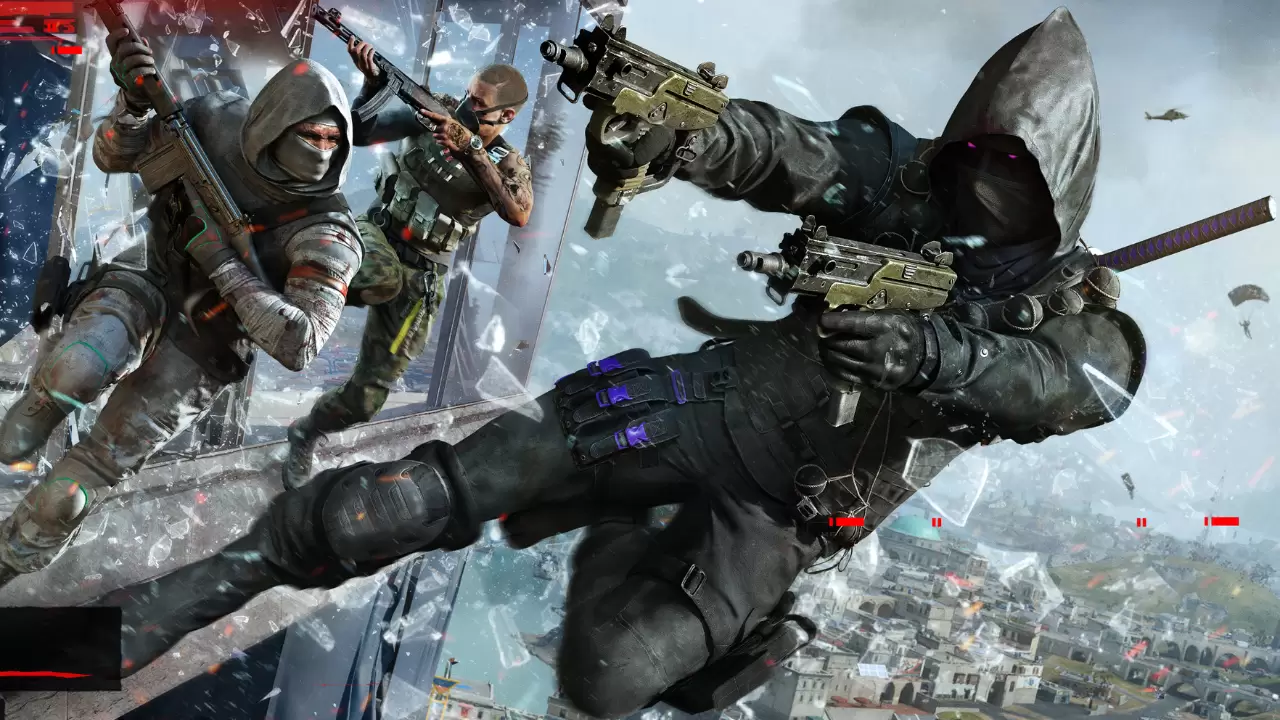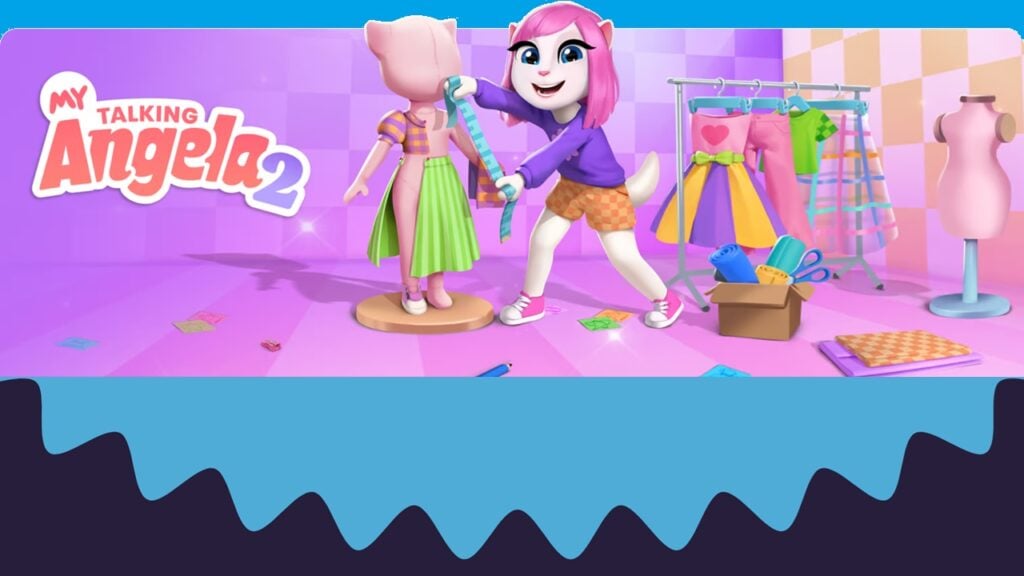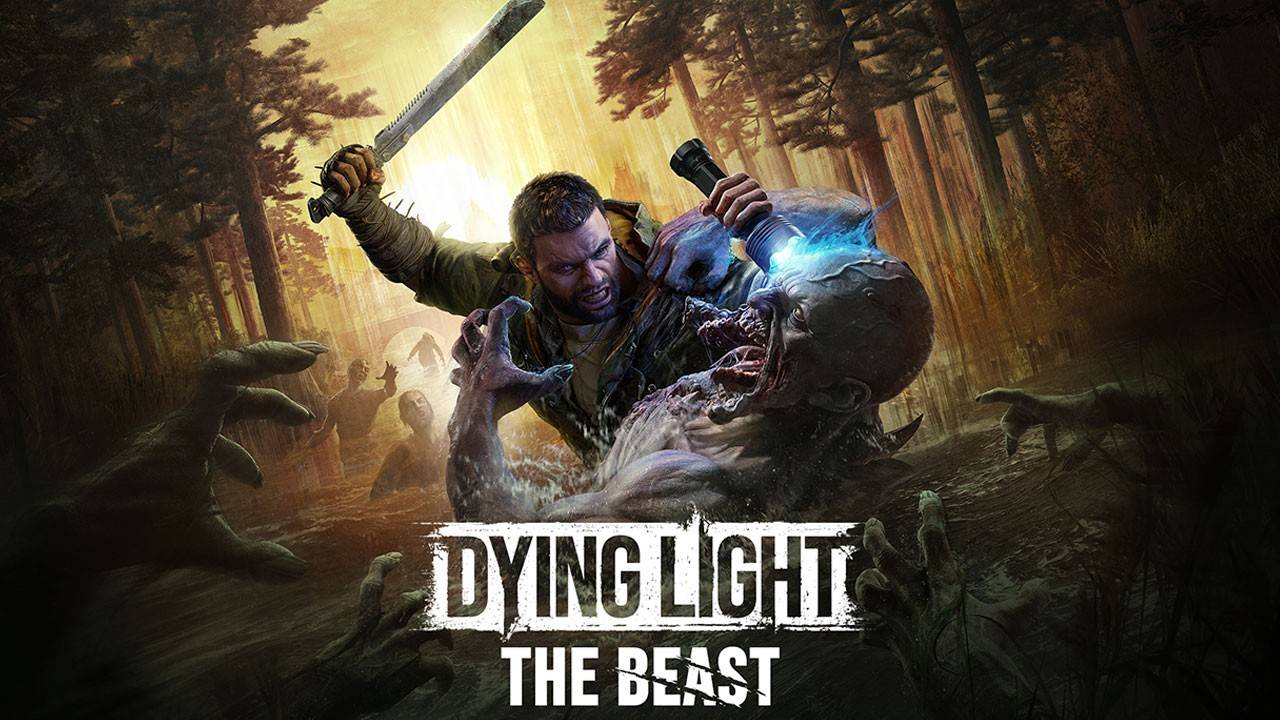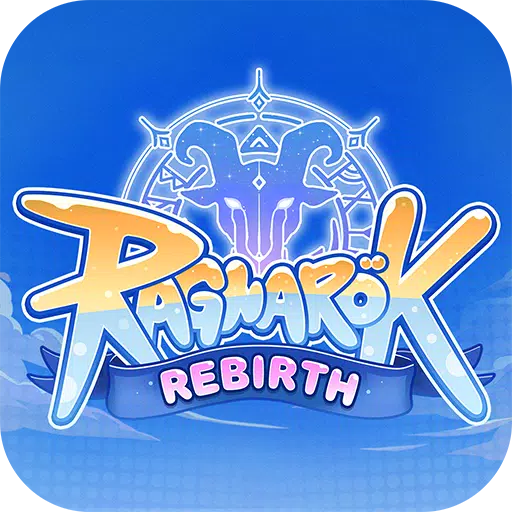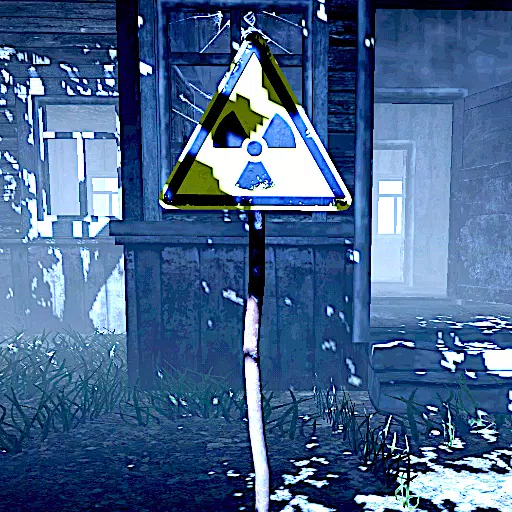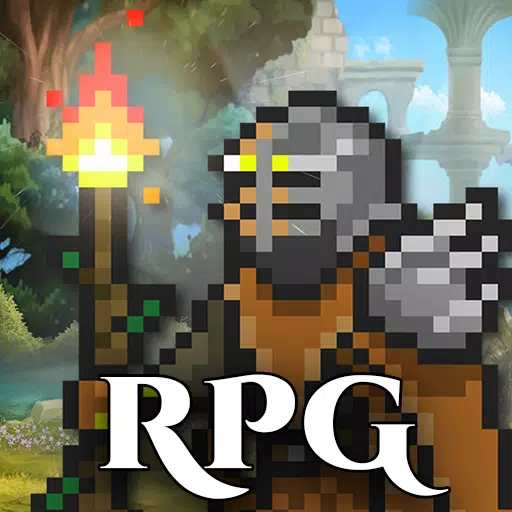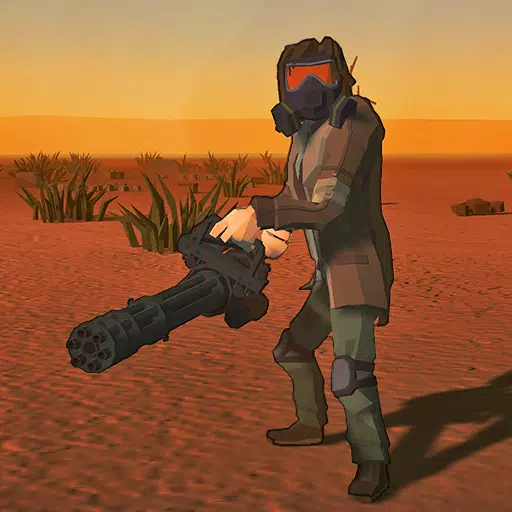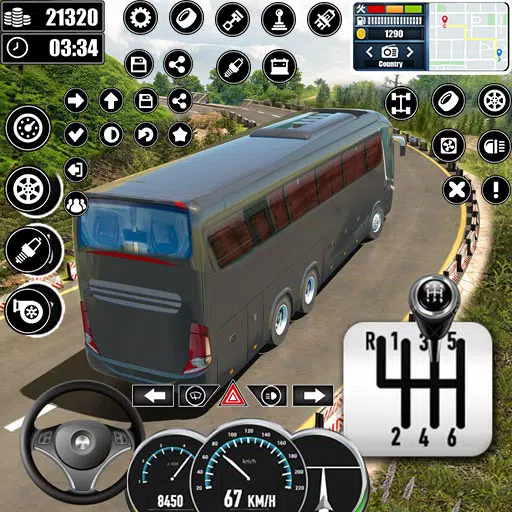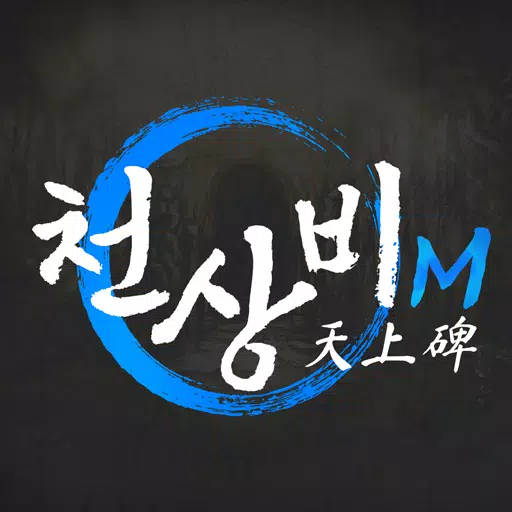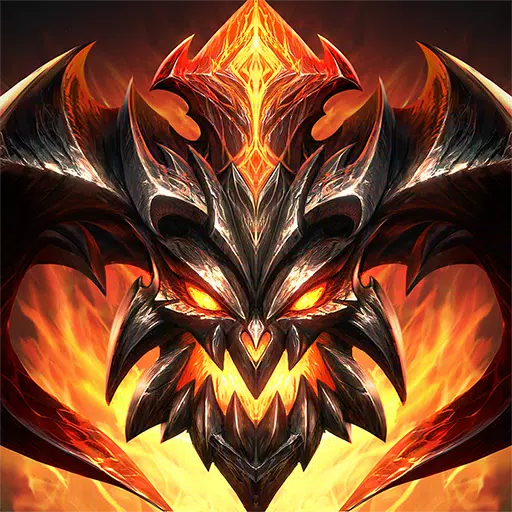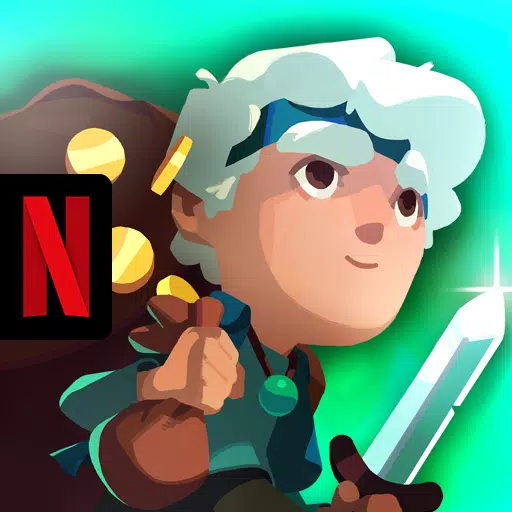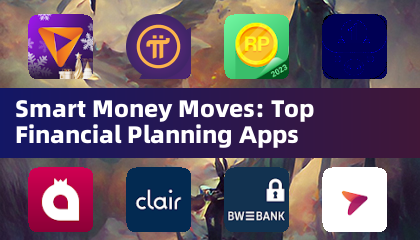EA introduced its Origin app in 2011 as a digital storefront for PC gamers to browse and purchase EA’s titles, bypassing platforms like Steam. A notable launch requiring the use of Origin was Mass Effect 3 in 2012. However, despite this push, Origin never truly gained traction among gamers due to its clunky user experience and cumbersome login processes. Many PC gamers opted to steer clear of Origin whenever possible. Despite these challenges, EA continued with the platform but has now decided to replace it with the equally cumbersome EA app.
This transition comes with its own set of issues. For instance, if you own Titanfall on Origin but can't access your account, you're out of luck unless you formally switch from Origin to EA. Failure to do so could result in losing access to games you've already purchased.
Additionally, the EA app only supports 64-bit operating systems, leaving those with 32-bit systems behind. To EA's credit, Steam also dropped support for 32-bit OS in early 2024, with only a small number of users still on these systems. It's highly unlikely that anyone who has bought a new PC or laptop, or built a custom gaming PC in the last five years, would be using a 32-bit OS. Microsoft sold 32-bit versions of Windows 10 until 2020, but if you're on Windows 11, you're in the clear. 64-bit support was introduced with Windows Vista nearly two decades ago.
To quickly check if your system is 32-bit or 64-bit, look at how much RAM your system is using. A 32-bit OS can only utilize up to 4GB of RAM, so if you have more than that, you're likely running a 64-bit OS. However, if you've inadvertently installed a 32-bit version of Windows, you'll need to wipe your system and reinstall a 64-bit version.
While dropping support for 32-bit systems in 2024 isn't surprising, it raises questions about digital ownership. Losing access to a library of games you've owned for years due to hardware changes is frustrating. Steam isn't immune to this issue either, as Valve has also discontinued 32-bit support, leaving those unable to upgrade to modern systems in a bind.
Moreover, the rise of invasive digital DRM solutions like Denuvo in PC games adds another layer of complexity. Some of these elements require deep kernel-level access to your PC or impose arbitrary installation limits, despite your purchase.
One way to safeguard a legitimately purchased digital library is to support GOG, operated by CD Projekt. The DRM-free nature of every game on the store ensures that once you download a title, you can run it and own it on any supported hardware indefinitely.
However, this approach opens up the possibility of software piracy. Despite this risk, new titles continue to be released on the platform, with the upcoming RPG Kingdom Come: Deliverance 2 slated to be "coming soon" to GOG.


